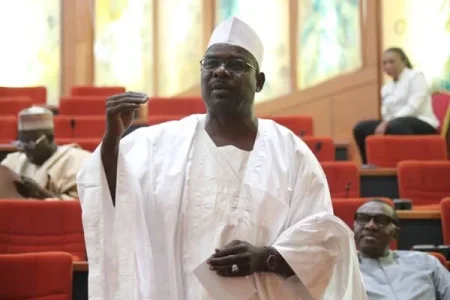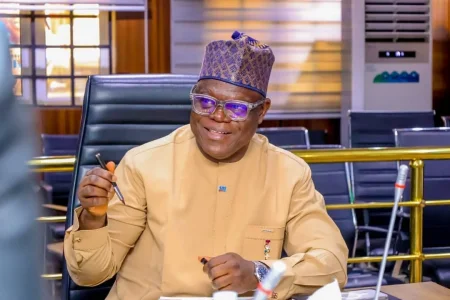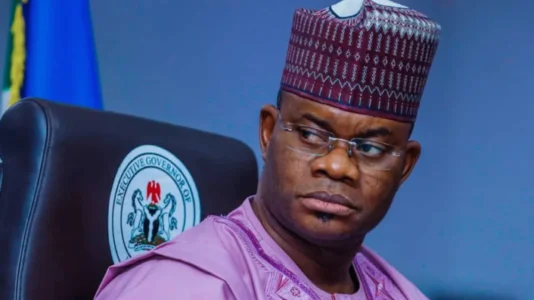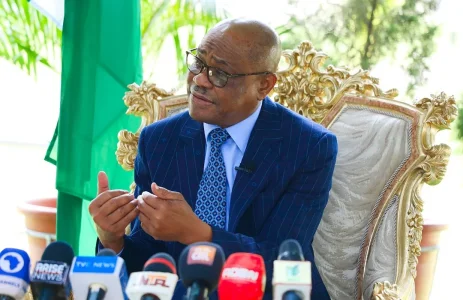
Senator Ali Ndume was removed as Senate Chief Whip by the APC caucus following criticism of Tinubu's government. APC leadership demands Ndume's party resignation, sparking debate on party loyalty and free speech. The move highlights growing North-South tensions within APC and could reshape Nigeria's political landscape.
The Nigerian political landscape was rocked today as the rift within the ruling All Progressives Congress (APC) deepened significantly. In a dramatic turn of events, the Senate announced the removal of Senator Mohamed Ali Ndume as Chief Whip, a move orchestrated by the APC Senate Caucus amidst escalating tensions.
The decision, ratified through a voice vote orchestrated by Senate President Godswill Akpabio, marked a stark escalation in the ongoing power struggle. Ndume, representing Borno South, was promptly replaced by Tahir Mungono of Borno North, signaling a clear message from the party's leadership.
The catalyst for this shift was Ndume's vocal criticism of President Bola Ahmed Tinubu's administration. His recent statements, widely reported and controversial, accused the government of economic mismanagement and inadequate response to national crises. In response, the APC's national leadership issued a directive calling for Ndume's resignation from the party, urging him to align with the opposition.
The move has sparked intense reactions across the country, with Northern stakeholders from groups like the Concerned Northern Forum (CNF) expressing solidarity with Ndume. They praised his courage in speaking out against perceived governmental shortcomings, framing his removal as an attempt to silence dissent within the party ranks.
Meanwhile, reactions from Southern senators and loyalists of Tinubu within the APC have defended the party's actions, describing Ndume's criticisms as detrimental to party cohesion and governance stability. The divide is further evidenced by the geographical origins of those advocating for Ndume's removal, primarily from Southern states.
With the APC's internal rift widening along geographical and ideological lines, the fallout from Ndume's removal is expected to reverberate through upcoming political decisions and alliances, potentially shaping Nigeria's political landscape in the months to come.




